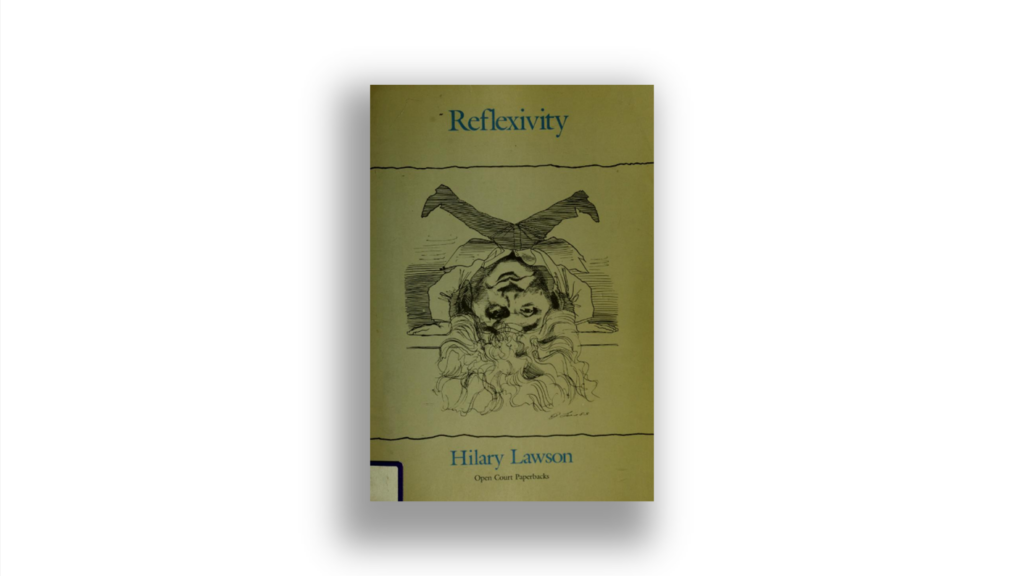
Nietzsche, Heidegger and Derrida are all examples of self-reference as crucial to contemporary philosophy – and reflexivity was the central driving force of their work.
In a book that formed Lawson’s contribution to the Problems of Modern European Thought series, he defines self-awareness as a ‘turning back on oneself’. As well as scrutinising in detail the work of the three aforementioned philsopher, Lawson also turns to Wittgenstein, pragmatism and the analytic tradition to argue for the presence of reflexivity, without its paradoxes.
Open Court
1985
ISBN: 0-8126-9011-7
Excellent, and thought-provoking points about reflexivity in the post-modern era
Lee Harvey
Reflexivity gets its full force through recognition of the importance of language, threatening facts, reality and truth, but also fiction, myth and falsity.
Christian Olivier Caron
Carleton University
Argue[s] for a broad tentative response to the insights of poststructuralism
Frank Peter Brickley
University College Chichester
Lawson attributes the prominence of reflexive concerns in contemporary thought to the lingustic-centred nature of modern philosophy
Andrew Michael Roberts
UCL